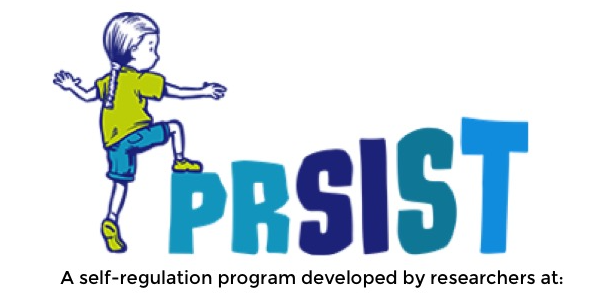
Hot Potato
What to do: Seat children in a circle, putting a small plastic plate (or similar) in front of each child and then giving one of them the ‘hot potato’ (any object they can make-believe is a hot potato). Tell the children that they are going to pretend that the ‘potato’ is hot, so they want to pass it around the circle as quickly as they can when the music plays, and that they don’t want to get stuck with it when the music stops (because they will be temporarily ‘out’). However, explain that before passing the potato they first need to place the potato on their plate, and then lift their plate with the potato on it to the person beside them. If the potato falls off, the child must pick the potato back up and place it back on the plate. The next child in the circle then needs to use their hands to pick the potato up off the plate, put it on their own plate, and then lift their plate to the next person in the circle. Turn the music on (to start the passing) and off (to stop the passing) to start and stop the game - you can even use the hot potato song as the background music that you turn on and off (‘Hot potato, pass it on, pass it on, pass it on…’). Stop the game either when a child forgets to put the potato on their plate, or when you stop the music and a child is holding the potato. In either case, that child is ‘out’ and should temporarily leave the circle. During the next round they can assist the teacher (e.g., checking that all of the children put the potato on their plate), and then can take the place of the next person who is out (so that children who need the most practice in controlling their behaviours will not receive the least opportunity to do so). Play to a defined number of rounds, or until there is one child left who has never been ‘out’.
Too easy? How to increase challenge: Select faster paced music and encourage children to pass the potato faster than they normally would.
Ideal formation(s): Small group or large group.
What you need: Something potato-shaped to pass around the circle and small plastic plates (or similar).
What it does: This activity challenges children’s ability to resist the impulse to simply pass along the object, without first carrying out the required action. This becomes increasingly difficult as time goes on, and the risk of being stuck with the object increases.
Links to EYLF:
- Demonstrate an increasing capacity for self-regulation; Persist when faced with challenges and when first attempts are not successful (from Outcome 1.2)
- Show interest in other children and being part of a group (from Outcome 1.4)
- Remain accessible to others at times of distress, confusion and frustration (from Outcome 3.1)
- Engage in increasingly complex sensory-motor skills and movement patterns (from Outcome 3.2)
- Persist even when they find a task difficult (from Outcome 4.1)
- Draw on memory of a sequence to complete a task (from Outcome 5.4)




